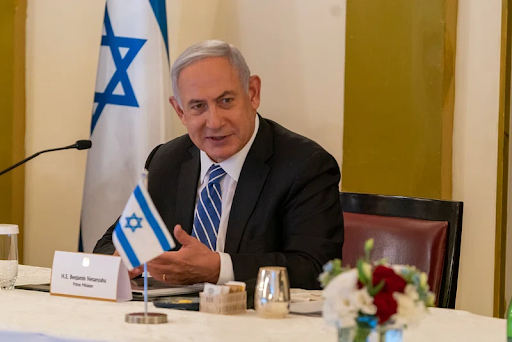The Israeli decision to strike two power stations in Sanaa was a strategic move aimed at causing widespread disruption far beyond the immediate battlefield. A targeted power outage is a form of modern warfare that cripples an enemy’s ability to command, control, and sustain itself.
By hitting the energy grid, Israel attacks the central nervous system of the Houthi-controlled statelet. Without reliable electricity, military command centers go dark, communication systems fail, and the logistics of moving troops and supplies become infinitely more complex.
The impact also extends to the civilian population, which is a secondary, albeit harsh, effect. It degrades the Houthi regime’s ability to govern, potentially stirring discontent. It also hampers civilian infrastructure like hospitals and water pumps, adding pressure on the ruling authorities.
This tactic, part of making the Houthis pay a “heavy price,” shows that the conflict is being fought on a systemic level. Israel is not just destroying weapons; it is methodically switching off the power that runs the Houthi war machine.

